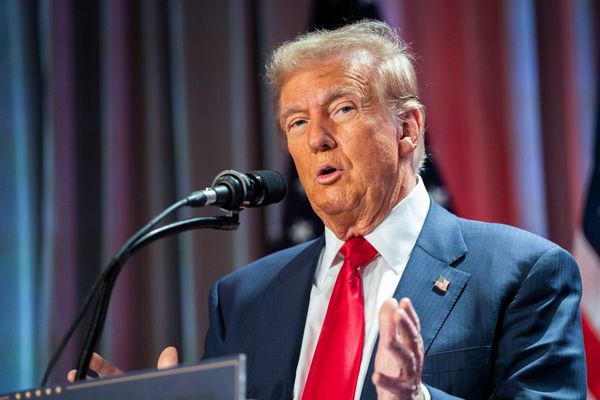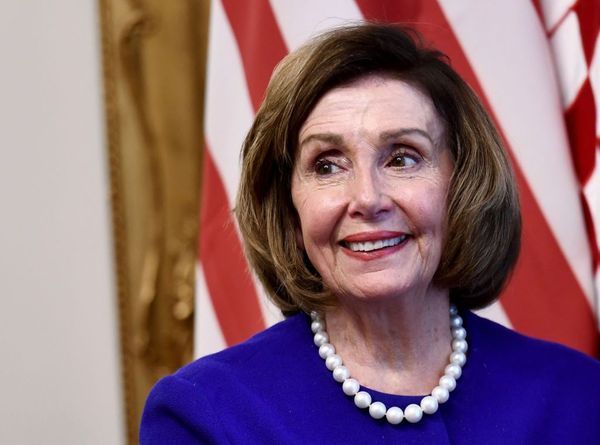
Donald Trump's election victory has raised complex legal questions regarding the criminal case against him in New York. The judge overseeing the case is deliberating on whether to proceed with sentencing the president-elect or if doing so would interfere with his constitutional duties as the nation's leader.
Court documents released on Tuesday revealed that the case has been temporarily put on hold until at least Nov. 19 to allow both sides to provide input on the next steps. Trump's sentencing, initially set for Nov. 26, is now in limbo.
Trump's legal team is urging the judge to consider the 'interests of justice' and invalidate the verdict, which marks the first criminal conviction of a former and future U.S. president. Manhattan prosecutors are seeking a path forward that balances the jury's decision with Trump's presidential responsibilities.
Several scenarios are being considered for the case:
1. Wait until Trump leaves office: The judge could delay sentencing until the end of Trump's potential second term in 2029, when he would be 82 years old. This would distance the events of the case from Trump's presidency.
2. Grant Trump's immunity claim: The judge may dismiss the case based on Trump's request for immunity following a U.S. Supreme Court ruling in July that grants presidents broad immunity from criminal prosecution.
3. Hold off until a federal court rules: The judge could postpone proceedings until the 2nd U.S. Circuit Court of Appeals decides on Trump's appeal to move the case to federal court.
4. Case dismissed: The judge could overturn Trump's conviction and dismiss the indictment, sparing the president-elect from potential penalties.
5. Proceed to sentencing: Alternatively, the judge may choose to move forward with sentencing, potentially leading to a fine, probation, or up to four years in prison for Trump.
Legal experts suggest that any prison sentence is likely to be blocked or suspended, minimizing its impact on Trump's ability to govern.







